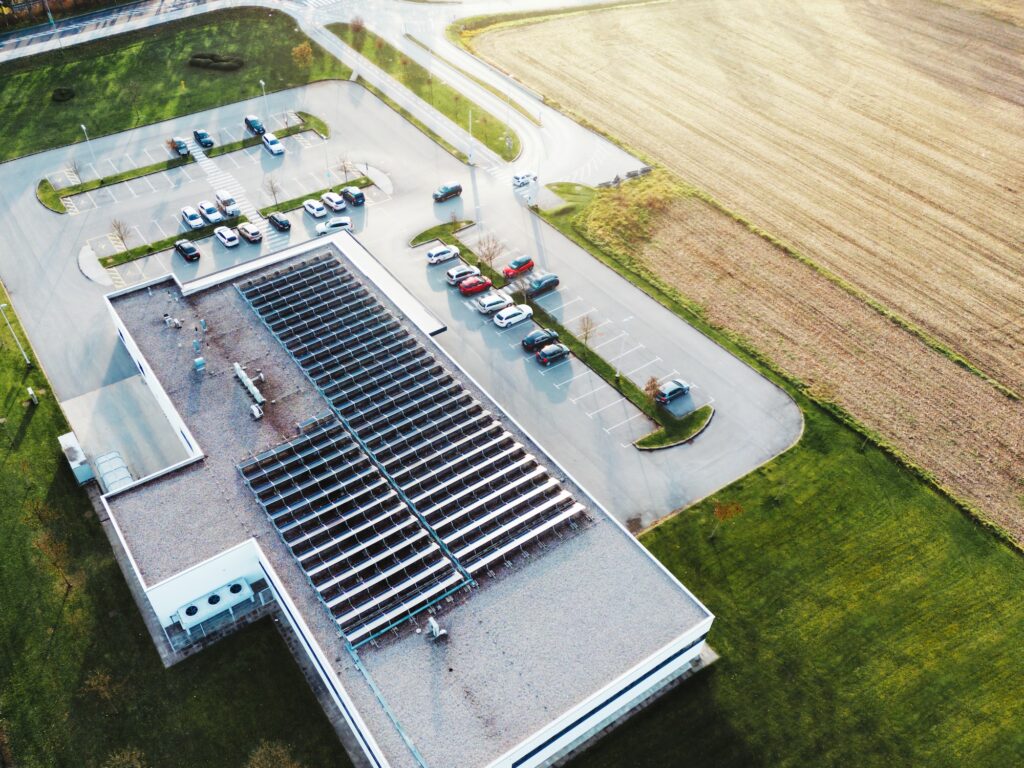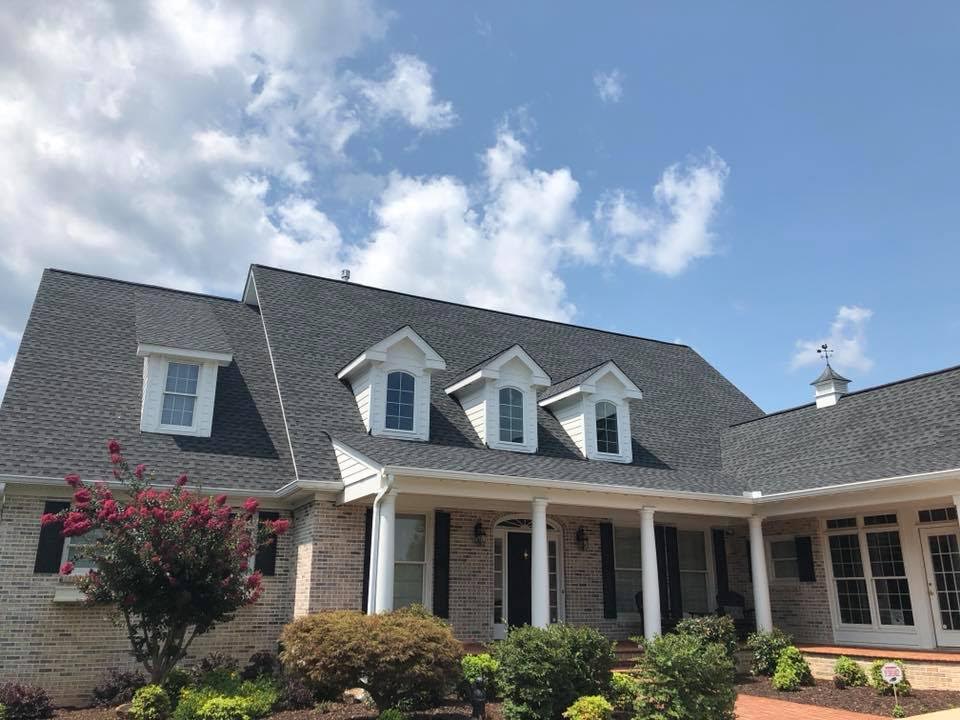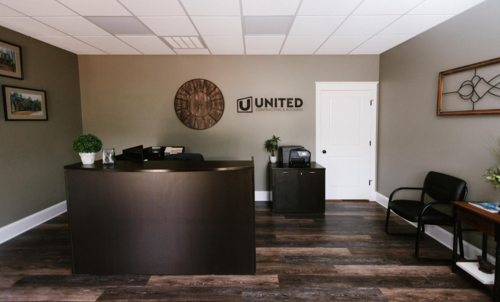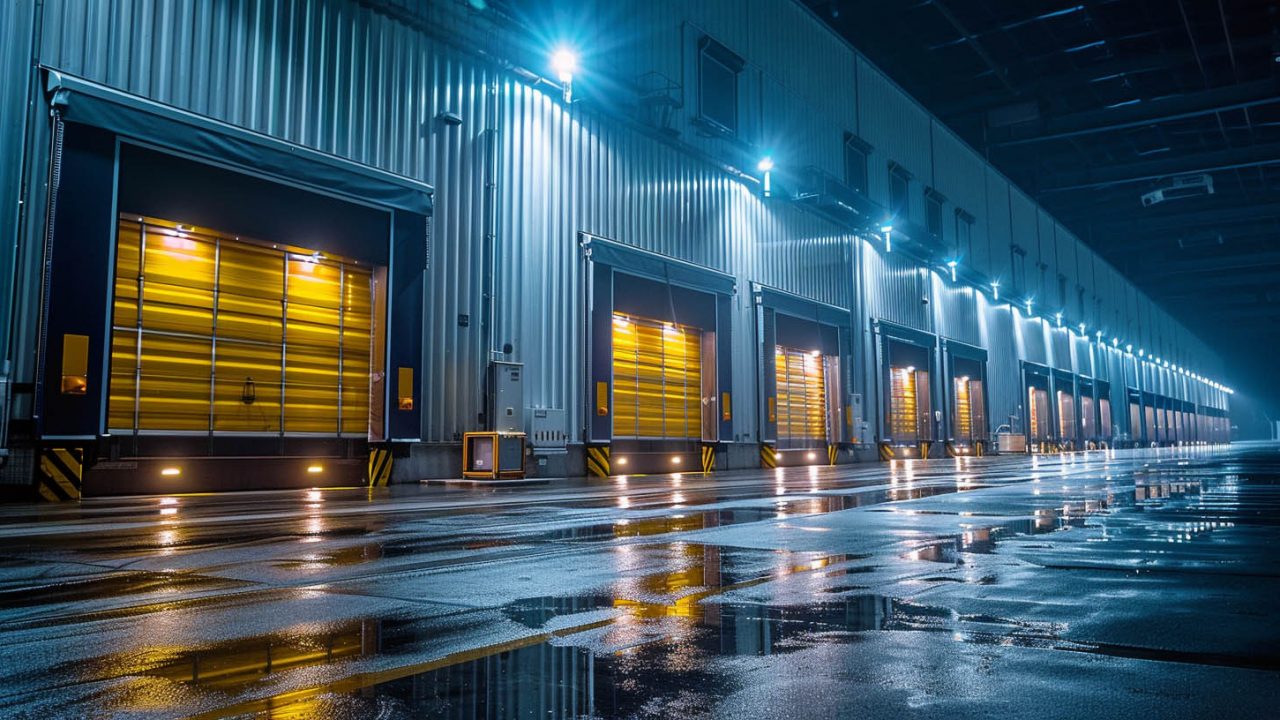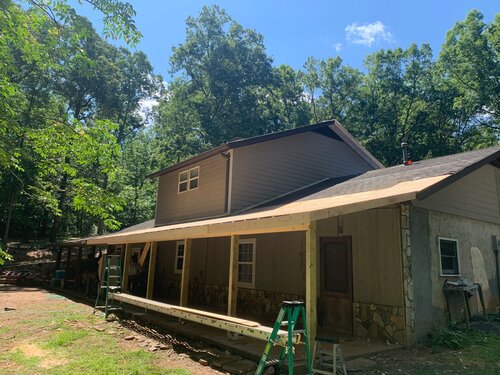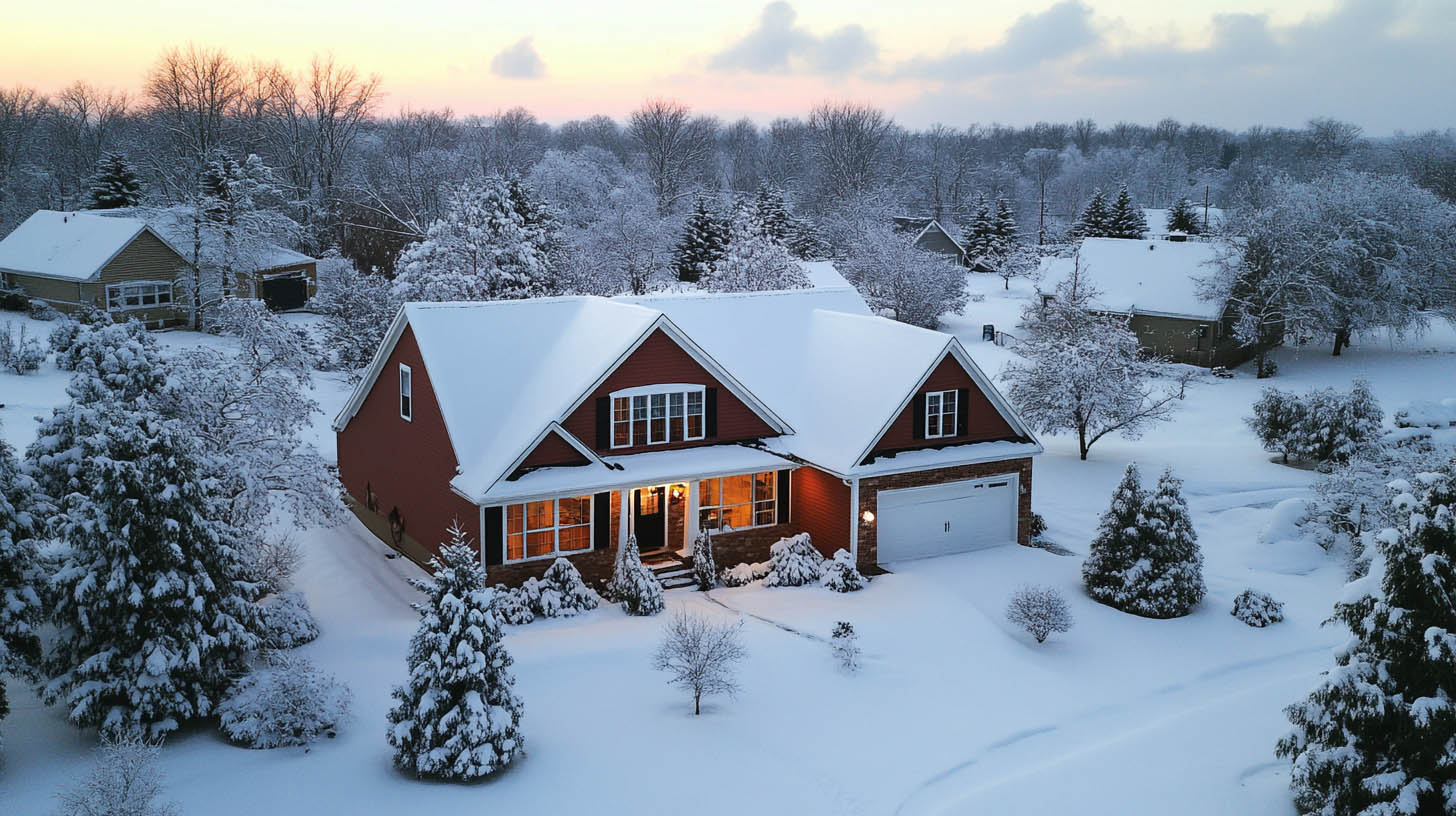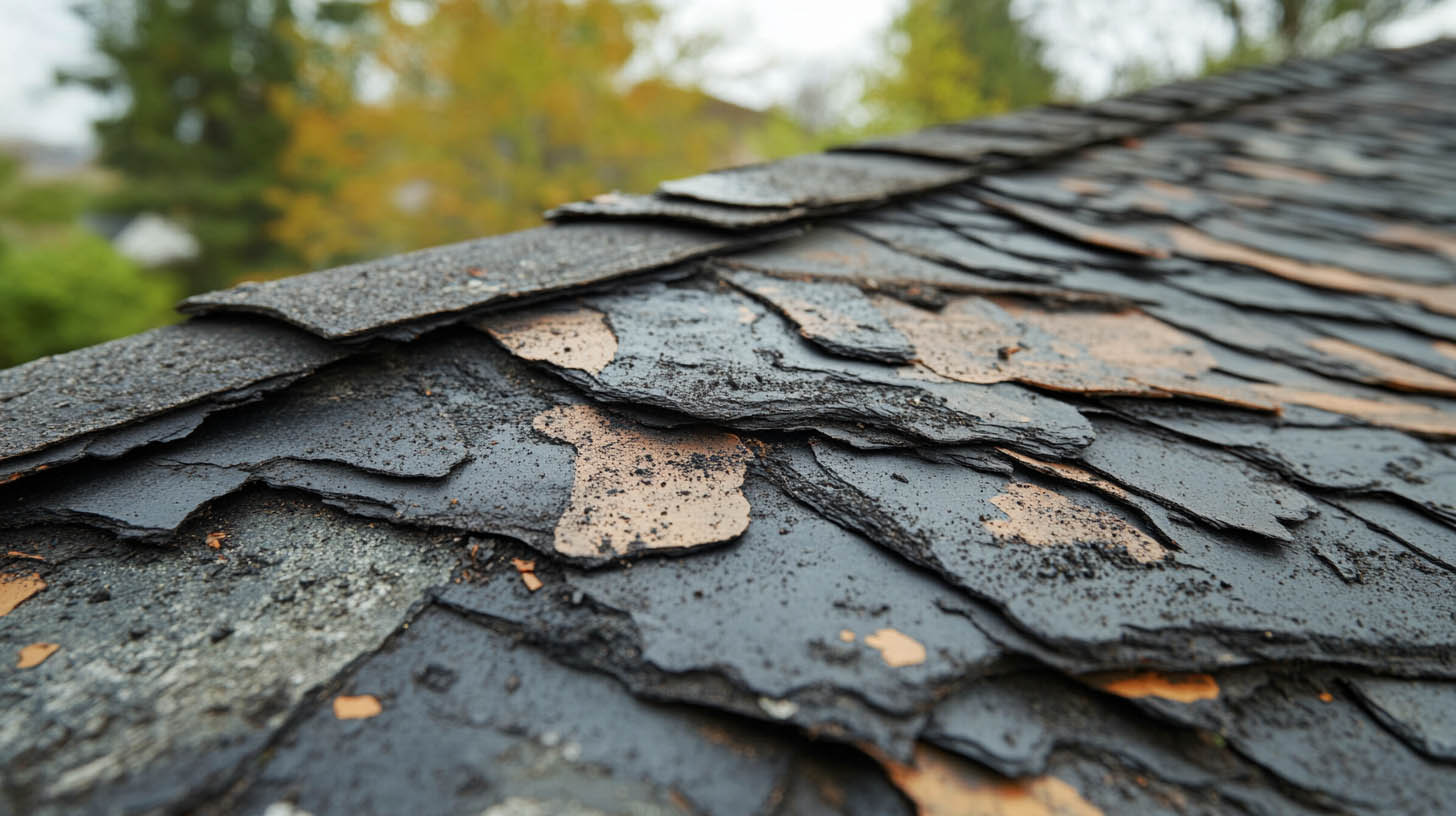Cold storage buildings present unique challenges due to the extreme temperature differentials between the interior and exterior environments. United Contracting & Roofing LLC understands these complexities and offers specialized roofing solutions for cold storage facilities.
Risks Associated with Cold Storage Roofs
Cold storage buildings create significant temperature differentials, leading to condensation issues not typically seen with conventional roof systems. This condensation can cause corrosion, mold, material degradation, and reduced service life. Understanding these risks is crucial for maintaining the integrity of your cold storage facility.
Condensation and Dew Point Temperature
Condensation occurs when air within or against building materials can no longer hold additional moisture at a given temperature, known as the dew point temperature. Relative humidity expresses how much water vapor is in the air compared to how much it could hold at a specific temperature. Warm air can hold more water vapor than cold air, so even if the water vapor amount stays the same, relative humidity will be higher on a warm day than on a cold day.
Movement of Heat, Vapor, and Air
Condensation issues in cold storage roofs are governed by the following principles:
- Heat: Moves from warmer temperatures to cooler temperatures.
- Water Vapor: Moves from high to low vapor pressure.
- Air: Moves from high pressure to low pressure.
Understanding Thermal and Vapor Gradients in Cold Storage Roofs
Cold storage buildings are designed to maintain low interior temperatures that generally remain stable over time. In all but the coldest climates, the prevailing heat flow is from the exterior to the interior. This means the top of the roof assembly is generally warmer than the metal deck below, creating a pronounced temperature gradient across the roof’s insulation layers.
Key Considerations for Cold Storage Roof Design
Insulation Quality
High-quality insulation is vital for cold storage roofs to prevent heat transfer and maintain the desired low temperatures inside the building. The insulation must withstand temperature gradients and minimize thermal bridging.
Vapor Barriers
Effective vapor barriers are essential to prevent moisture ingress and condensation within the roof assembly. Proper installation and maintenance of vapor barriers ensure the longevity and performance of the roofing system.
Roof Ventilation
Adequate ventilation helps manage the temperature and moisture levels within the roof assembly. It prevents the buildup of condensation and reduces the risk of mold and material degradation.
Regular Maintenance
Regular inspections and maintenance are crucial for cold storage roofs. Identifying and addressing minor issues early can prevent significant damage and costly repairs. United Contracting & Roofing LLC offers comprehensive maintenance plans tailored to cold storage facilities.
Conclusion
Cold storage roofing systems require specialized design and maintenance to address the unique challenges posed by extreme temperature differentials. High-quality insulation, effective vapor barriers, proper ventilation, and regular maintenance are key to ensuring the longevity and performance of these roofs. United Contracting & Roofing LLC provides expert solutions for cold storage facilities, emphasizing experience, quality, and service.For more information about The Significance of Maintaining Commercial Roofs, click here.

